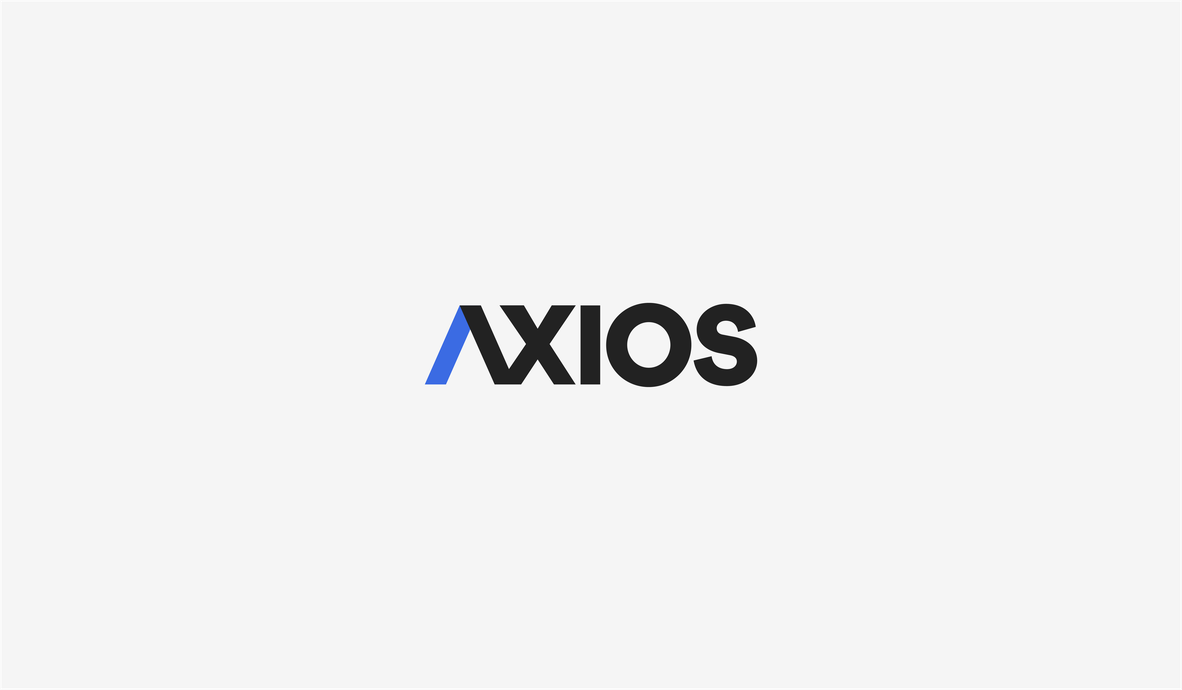
Scamming has skyrocketed in the past year, and much of the increase is attributed to COVID-related scams, more recently around vaccines.
Why it matters: The pandemic has created a prime opportunity for scammers to target people who are already confused about the chaotic rollouts of things like stimulus payments, loans, contact tracing and vaccines. Data shows that older people who aren’t digitally literate are the most vulnerable.
Driving the news: New data from the Federal Trade Commission — which oversees consumer fraud and deception cases — finds that in 2020, the FTC received more than 4.7 million reports around scams from consumers, up from 3.2 million in 2019.
- The agency received more than 2.2 million reports about fraud specifically, totaling $3.3 billion in consumer losses.
- An overwhelming number of scams target older people, the FTC data suggests, with 60 to 69 year olds reporting losses of more than $56 million to coronavirus frauds.
- Most COVID-related fraud reports are attributed to online shopping scams, which is notable given the uptick in e-commerce during the pandemic.
- The Department of Homeland Security has analyzed nearly 80,000 COVID-19 domain names in its pursuit of scams.
- In a blog post, the agency notes it has made 227 arrests, served 222 criminal search warrants and opened 862 investigations related to COVID scams.
- As of Feb. 10, Homeland Security agents have seized more than $33 million in illicit proceeds attributed to COVID-19 scams selling counterfeit N95 masks.
Breaking news events have long been an opportunity for scammers to act, in an effort to capitalize on existing confusion.
- For example, the data shows that there was a massive increase in identify theft scams the day of and the day after the Capitol insurrection on Jan. 6.
- The FTC found that imposter scams — where the perpetrators disguise their identities, usually as government officials — were the most common type of scam last year.
- “Government and business imposter scams were also among the top categories of COVID-19 and stimulus related reports, proving once again, that scammers follow the headlines,” an agency official wrote in a blog post.
The big picture: While social media is often thought of as the murkiest part of the internet, most scammers aren’t using social media to trick consumers, as the biggest platforms has gotten very good at weeding out bots and scam accounts.
- Rather, the vast majority of scams, including COVID-19 scams, are occurring via phone calls, texts and emails.
- The FTC found that there was a sharp increase in the number of text message scam reports last year. Many of the text messages were related to the pandemic, as well as other topics like stimulus relief or loans.
Facing a deluge of 365,000 reports and counting, the FTC has fired off more than 350 “warning letters” to companies related to potential coronavirus pandemic scams.
- The letters are a way for the agency to quickly prod companies into taking down problematic claims, FTC attorney Christine DeLorme told Axios, adding that they have a high compliance rate.
- “We think that is an incredibly good use of our resources to send a warning letter, if we can get those claims stopped in a matter of days,” she said..
More broadly, federal agencies are trying to educate consumers.
- The Federal Communications Commission on Friday held a webinar aimed at helping older people avoid vaccine-related robocall and robotext scams, while the FTC is holding a cyber scams event with AARP and the Consumer Financial Protection Bureau on March 4.
For people wondering how to avoid being scammed during this period of unprecedented uncertainty, the government offers a few tips:
- Anyone calling from a number you do not know asking for information about your health insurance, Social Security number or financial information are likely scammers.
- People soliciting payments to help you with things like health care or vaccine enrollments are likely scammers, as those are services the government offers for free.
- Scammers will often pretend to be organizations you are familiar with. It’s for this reason, as Axios has previously reported, that scam callers will often spoof D.C.-area codes pretending to be government bodies, like the IRS or HHS.
No comments:
Post a Comment